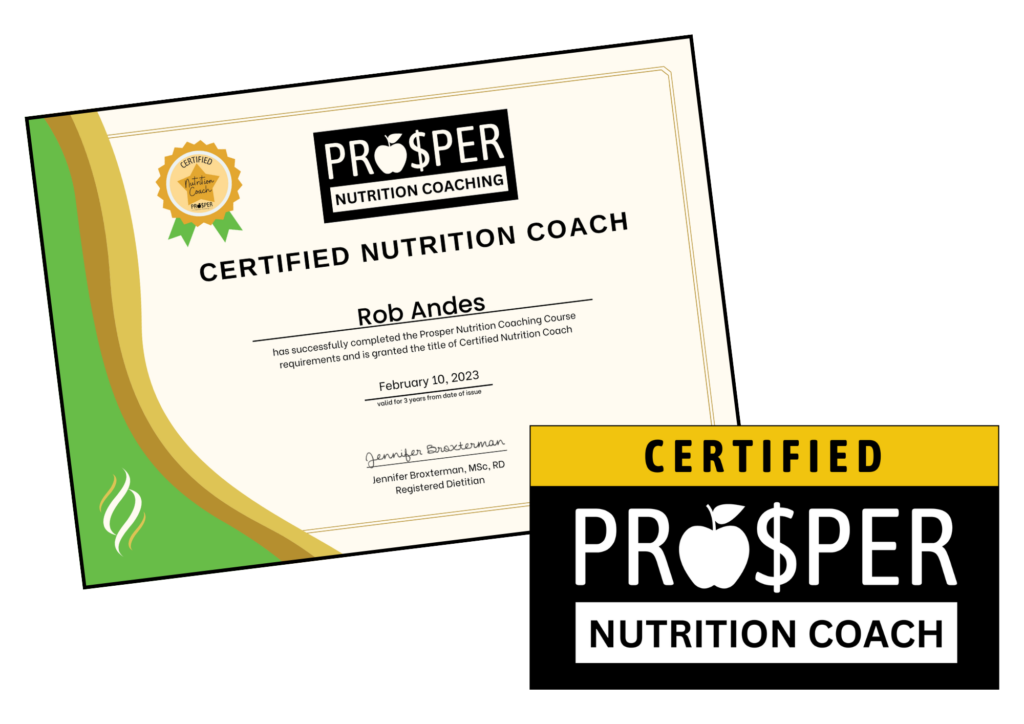

Student’s Guide to Health and Fitness
Written by: Jennifer Broxterman, BScH (Foods & Nutrition)
Registered Dietitian & Sports Nutritionist
NutritionRx | Professional nutrition counselling services in London, Ontario, Canada.
Being a college or university student can be stressful, juggling a full plate of academic commitments, exams, group projects, and a busy social life in the mix. Finding time to schedule in exercise to improve or maintain your fitness level can be challenging, but it’s not impossible to do if you have a plan of attack to sneak in extra physical activity into your day.

Despite a busy schedule, here are some tips to get some much needed exercise as a college or university student:
- hit the road and jog at local trails
- take a fitness class
- walk or bike to class
- join a sports team or club
- park further away and walk
- take the stairs
- walk around during your study breaks
- use your college or university gym
- find a friend for your workouts
- change up your routine regularly
- choose a farther dining hall
- take a hike
Eating the right food is also an important consideration for staying healthy and avoiding the “freshman 15” while in college or university. Think of “eating clean” as providing your hard-working brain and muscles with good quality fuel to get the job done right! Some of the top nutrition tips for students include:
- As often as possible, select minimally processed foods, high in vitamins, minerals, fibre, and other nutrients for your meals and snacks. Diet staples should include vegetables (the more the better), fruit, whole grains, low-fat dairy products, legumes (e.g. beans & lentils), lean cuts of meat (e.g. chicken, turkey, lean beef), fish and seafood, nuts and seeds, etc.
- Avoid drinking large quantities of caffeine in place of food. If you need an energy boost, try taking a quick 5-10 “exercise break” (e.g. go for a walk around the block or walk up and down some stairs); drink some water; or if hungry, have a healthy snack (e.g. apple & 10-20 almonds; yogurt & berries, whole grain crackers & low-fat cheese) to help improve your concentration levels.
- Drink water or herbal teas to help stay hydrated for healthy skin and organs.
- Try packing a lunch and bringing it with you to campus to save money and help you eat healthier at school.
- Batch cook healthy meals from scratch with a friend or roommate, and freeze the leftovers for quick and portable meals-on-the-go.
- Avoid skipping meals, especially breakfast.
Wishing you health & happiness,
♡ Jen
Jennifer Broxterman, MSc, RD
Registered Dietitian
NutritionRx: happy, healthy living with our team of Registered Dietitians
Prosper Nutrition Coaching: a world-class nutrition coaching certification
+
+
+
Want to work with a NutritionRx Registered Dietitian?
Learn more here: Nutrition Packages & Rates
+
+
+
Want to become a Certified Nutrition Coach?
Learn more about our habits-based Prosper Nutrition Certification



